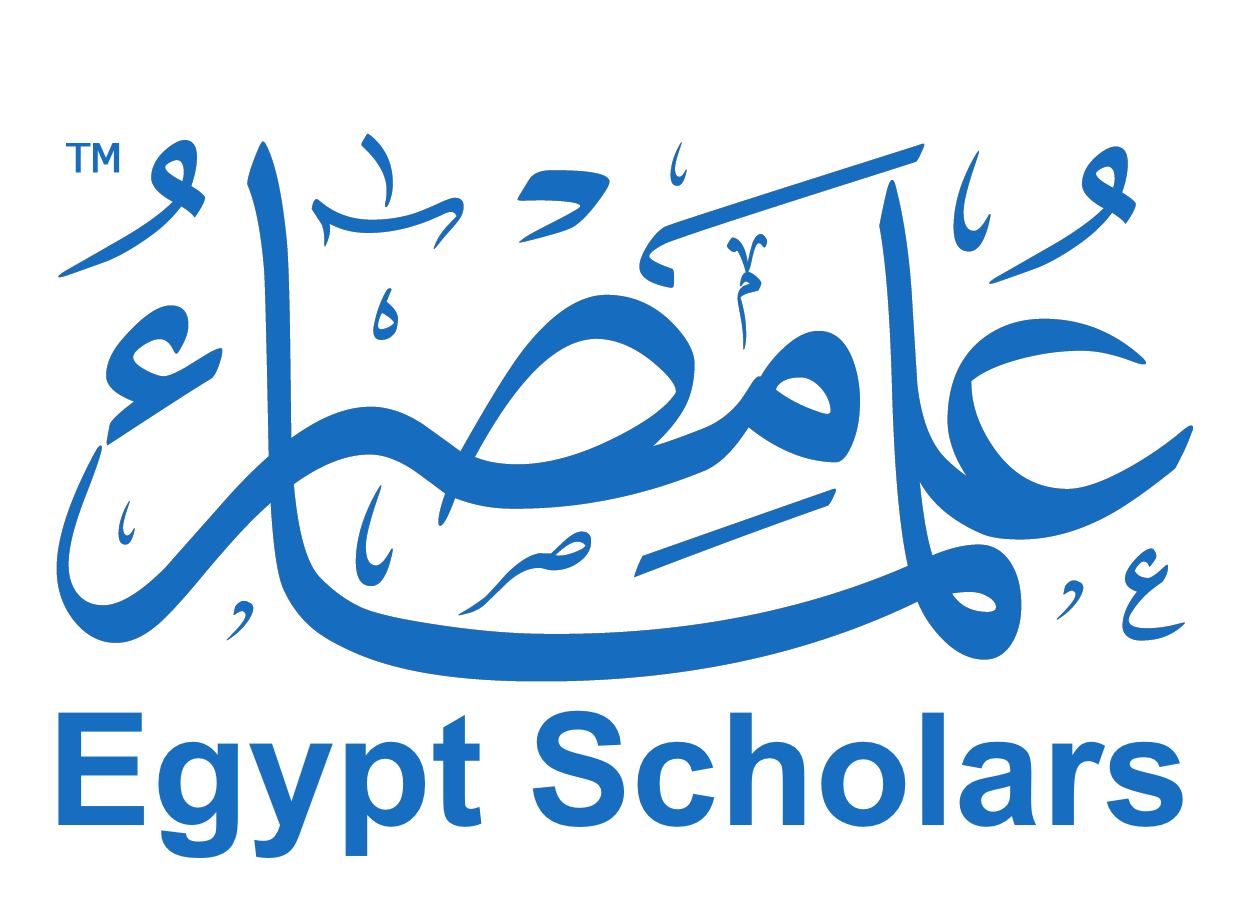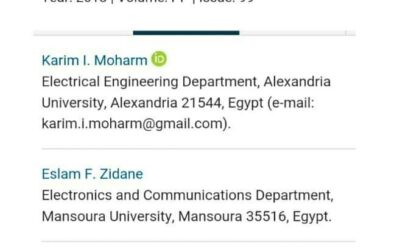study in Australia
About Australia
Australia is located southeast of Asia. It is the only country in the world to occupy a single continent. The Australian continent [and the nearby island of Tasmania], form the 6th largest country on earth, with a total area of 7,682,300 sq km. Australia consists of six states and two territories. States: New South Wales, Victoria, Queensland, South Australia, Western Australia, and Tasmania; Territories: The Australian Capital Territory (location for the capital city Canberra) and the Northern Territory. Sydney is a city well known for its beauty, vitality and pleasant climate. It is the largest city in Australia with a population of over 5 million. It is also one of the world’s most multi-cultural cities, home to people of more than 120 nationalities. Australia’s surrounded by ocean. It is geographically isolated from the rest of the world. The seasons in Australia are reverse to the northern hemisphere. January and February are the warmest months, and June and July are the coldest. Australia contains distinctive plants and animals found nowhere else on earth. It considered to be rich in natural resources and is a major exporter of agricultural products, minerals, metals, and fossil fuels. The unemployment rate in Australia is reported as 5.1% (August 2012 statistics). The government is democratic, federal-state system recognizing the British monarch as sovereign. The major political parties: Liberal Party, National Party, Australian Labour Party, Australian Green Party. The population is around 23 million (August 2012). For more information about Australia, visit http://en.wikipedia.org/wiki/Australia
Graduate Studies in Australia
There are two types of graduate degrees available in Australia: research (PhD and MSc), and course-work (master degrees). For a course-work degree admission usually is performed through applying to the school or the university. So, please check the website of the prospective school or the university for getting the detailed admission information. For a research degree, in most of Australian universities, admission means making an agreement with a supervisor that s/he will supervise you for a master/PhD degree. Then the formal procedure of admission is followed by contacting the university. The application procedure usually starts by sending an Email that includes your research interests, a short bibliography and your major achievements and your resume as attachment, to few supervisors that are working in the research area that you would like to pursue your degree. It is advisable to contact more than one supervisor to get reply of some or at least one of them. The agreement of one of them to supervise you for a PhD means admission to the university. However, you need to fulfil the general requirements of the university (e.g., WAM, English requirements). The next big step is than applying for a scholarship (the annual tuition fees usually range from AUD 15000- AUD 25000 for a PhD degree, depending on the university and field of study). Please see below for more information about scholarships.
Australian Universities and Selecting University
In Australian education system, and for a research degree, the most important factor to decide about the university is the prospective supervisor and the research group. In fact, it is your supervisor and your research group that have a direct impact on your PhD, and they may provide great opportunities for your success and your future career. So, my advice is to look for good supervisors, and good research groups, and then look for good universities. Of course, the more reputable and highly ranked is the university, the more is the chance of finding good supervisors and good research groups. Check the website of different schools/universities for different groups that are doing research, there. In Australia, there is a community of universities, called Group 8 Universities (http://www.go8.edu.au/) that are known for excellence in research. However, good supervisors and research groups could be also found in other Australian universities. There are different rankings of the universities available on the Web that you need to check depending on your area of study (http://www.topuniversities.com/). The general ranking of the Australian universities can be checked here http://www.australianuniversities.com.au/rankings/. However, checking the ranking of your specific area of study is more important than the general ranking, I suggest. Some general guideline that might help on finding good supervisors and research teams are:
• Look at the recent publication record of the prospective supervisor in terms of publication venues, number of grants, responsibilities, professional memberships and collaborations with reputable national and international people. For this purpose you need also to know the reputable conferences and journals in your field of study.
• Look for previous PhD students of the supervisors, where they are working, and in case that is possible contact them and ask them about the supervisor,
• Look for subjects/courses that the supervisor is teaching.
For a research group, the number of people in the group and their collaboration with each other and productivity are usually good indicators about the group environment as well.
Scholarships
There are four types of scholarships that may be available for international students. Information regarding the first three categories can be normally found on the Website of universities, or schools.
• EIPRS (Endeavour International Postgraduate Research Scholarships): A government sponsored scholarships. This considered to be the most famous and common scholarships.
• IPRS (International Postgraduate Research Scholarships): The equivalent to EIPRS, but it is paid by the hosting universities.
• Institution grants, which provide grants in specific areas. For example NICTA – National ICT of Australia (http://www.nicta.com.au/) – offers scholarships to students in Computer, Communications, Information Technology and Electronics fields. CSIRO (Commonwealth Scientific and Industrial Research Organisation – http://www.csiro.au/) offer scholarships in a wider set of areas.
• Scholarships available from research grants. Some supervisors advertise the availability of such scholarships on their Websites. It is also advisable to ask your supervisor, when you apply for admission, if there is any scholarships of this type available. It should be noted that the probability that such type of scholarships is very limited, if available.
For more information check the following sources: http://australia.gov.au/topics/education-and-training/scholarships
http://www.deewr.gov.au/International/EndeavourAwards/Pages/Home.aspx
http://www.studyinaustralia.gov.au/en/Study-Costs/Scholarships/Scholarships
Australiana universities accept both IELTS and TOEFL test scores, with a preference of IELTS. Check the details of requirement for each university from its website. Generally, the minimum requirement of good universities for IELTS is 6.5 in all bands, with overall band of 6.5 to 7 (depending on the university). However, the fact is that the stronger you are in English proficiencies, the higher is your chance of success as you do not need to spend some part of your time learning English while studying.
Planning for Getting Scholarships
You need to apply to different scholarships that are listed above. Note that generally the application for scholarships (first three categories) is open from mid-July up to mid/end of September in different universities, for a start in the first semester of each academic year. Here are some points that may help:
• Plan carefully and ahead in time, and prepare all required documentation so do not miss the deadlines,
• Provide enough and detailed information about your undergraduate university and its accreditation system and courses.
• Make sure that your documents arrive on time. If possible, use trackable express post to expedite the delivery process.
• Include all your achievements, publication and awards in your CV, and provide supporting document for each of your claims.
• Try to get recommendation letters from previous supervisors, who know you most, and can write about you and your previous study and research work better. Scholarship winners usually have strong recommendation letters.
It is recommended to apply for scholarship/admission at multiple universities simultaneously in order to increase your chance of getting scholarships/admissions and also to have more options to choose
Living Expenses
The living expenses mainly depend on the city. Generally, big cities are more expensive with Sydney as the most expensive. There are different factors that constitute the expenses:
• Rent: if you are single, then you have the option of shared accommodation. In this case, in Sydney, the rents start from $150 per week per room. If you are married and looking for apartments, the rents usually start from $250 at the minimum, with a reasonable rate of $280-$320 per week.
• The rest of expenses greatly depend on different individuals. To give you an idea of expenses, the EIPRS scholarship offers almost AUD 24000 per annum, which provides a comfortable amount for a single person. There are couples that also live (survive) on this money, and are happy! A top-up of 6000 per annum can be also earned from different sources (e.g. teaching or hosting school in case of earning the governmental scholarship)
General information on cost estimation for living in Sydney can be found here http://www.uts.edu.au/about/sydney/cost.html
إذا كنت ترغب في التطوع معنا بتلخيص الندوة لملخص مكتوب يمكنك التقدم للتطوع بالضغط هنا

Egypt Scholars Team
Every mind makes a difference
More Posts
Papers published through Labs Program
يتم يومياً نشر العديد من الأوراق البحثية العلمية في مجلات و جرائد علمية دولية يقدمها باحثون من مختلف الجهات البحثية الرسمية حول العالم ، لكن ما يميز هذه الورقة البحثية هو كونها نتاج أحد مبادرات مؤسستنا الغير ربحية و التي تهدف للتوعية بأهمية البحث العلمي و تقديم كل عون...
From idea to science start-up
نظرة عامة عن الطب الناتوي الموجه وعلاج مرض السرطان
الدراسة في ألمانيا
تكرس ألمانيا منذ قرون اهتماماً بالغًا بالعلم والثقافة والمعرفة؛ فمفكروها وفلاسفتها وموسيقيوها أغنوا المكتبات العالمية. وتتميز ألمانيا بجامعاتها ومعاهدها التي تنتهج أحدث ما توصل إليه العلم لتطبيق مناهج دراسية متطورة قادرة على بناء أجيال من المتعلمين والمجهزين بأحدث ما توصل إليه العلم البشري لتعليمه وتطويره وتعتبر الدراسة في ألمانيا شبه مجانية للطالب المحلي والأجنبي على السواء . تعرف على هذا وأكثر من خلال الفيديو المرفق في المقال
هل تمثل منح الدراسة في بعض الجامعات العربية فرصة تعليم حقيقية ؟!
في السنوات الأخيرة انتشرت فرص الحصول على منح دراسية وكثير من المميزات الإضافية من بعض الجامعات في الدول العربية، ولنكن أكثر تحديدًا فھي جامعات دول الخليج العربي المختلفة وبشكل خاص جامعات المملكة العربية السعودية. وللإجابة عن ھذا السؤال يجب أن نضع نصب أعيننا سؤال آخر...
مصادر ومبادرات معرفية وعلمية متاحة باللغة العربية
أصبح التعلم من على الإنترنت وسيلة هامة في وقتنا الحالي. لكن هل توجد مبادرات ومؤسسات معنية بذلك وتنطق باللغة العربية؟ بالتأكيد .. ليس هذا فقط بل إن تلك المبادرات متنوعة في ما تقوم بها من أنشطة .. بعضها يركز على الدورات والكورسات والبعض الآخر يركز على الترجمة ونشر...
One Young World’s Entrepreneur of the Year Award 2019 for young Entrepreneurs | Opportunities For Africans
Application Deadline: 19 May 2019 6pm BST One Young World’s Entrepreneur of the Year Award has been created to identify and promote 5 of the world’s most revolutionary entrepreneurs under 35 who are having a positive global impact and inspiring others with...







